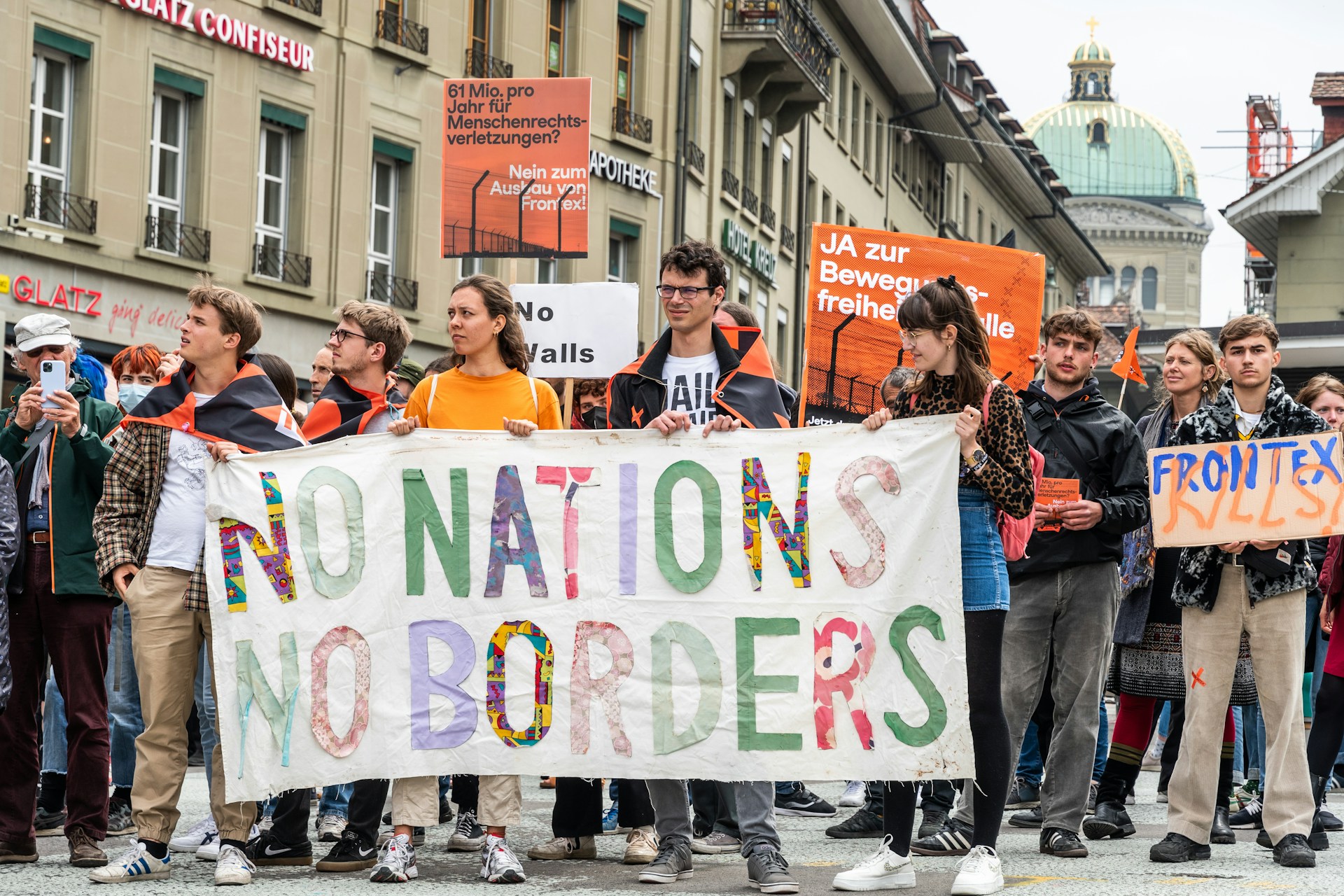The Need for Open Discussion on Migration
Migration is not a problem but a part of the solution, supporting economies, societies, and families around the world. With around 280 million international migrants making up about 3.6% of the global population, migration serves as a driver of human development, offering significant benefits for migrants, their families, and their countries of origin and also to the place they migrate. Migrants often earn wages abroad that are many times higher than what they could earn doing similar jobs at home.
International remittances have surged from an estimated $128 billion in 2000 to $831 billion in 2022, greatly surpassing official development assistance to developing countries and foreign direct investment. Migration also provides a crucial skills boost, especially important for destination countries experiencing population declines. It enhances national income and living standards, positively impacts the labor market by increasing the labor supply in sectors with worker shortages, and addresses job market mismatches. These positive labor market effects are evident in both high-skilled and lower-skilled sectors, as immigration increases both the supply and demand for labor, generating additional employment opportunities for existing workers.
For instance, Brazil’s initiative to support 100,000 Venezuelan migrants from the impoverished region of Roraima by relocating them across the country and helping them secure new jobs showcases the positive impact migrants can have. This program not only aids the migrants but also benefits Brazil by filling labor gaps and stimulating economic activity. A 2021 survey among 2,000 Venezuelans participating in the initiative found they had better access to formal jobs, housing, and education programs after relocation, with eight out of ten adults finding employment or starting their own business.
Brazil will host the upcoming Horasis Global Meeting in Vitória, the state capital of Espírito Santo, from October 25-26, 2024. This two-day event will gather leaders from businesses and governments to address pressing global challenges, including climate change, inequality, and peace.
Migrants often take on high-demand jobs that are less attractive to local populations, such as in agriculture, construction, and healthcare. Their presence sustains industries and services crucial for the wellbeing of citizens. South Korea, with its strict immigration laws, has accepted temporary foreign workers since the 1990s to address shortages in fields with grueling hours and low pay, particularly manufacturing and agriculture. Under President Yoon Suk Yeol, the administration is moving to significantly increase the number of incoming foreign workers and expand the range of jobs they can do to address labor shortages and boost economic growth.
Resistance to Immigration
Despite the benefits, many nations strongly reject immigration. Some fear that migrants will take jobs from local citizens or depress wages. There is also concern about the strain on public services and welfare systems.
There is a fear of losing cultural identity and social cohesion. Migrants may be perceived as unwilling or unable to integrate into the host country’s society. In an era of heightened security concerns, migrants are sometimes viewed as potential threats. This fear is often exacerbated by political rhetoric and media coverage.
Europe, which previously welcomed a large influx of migrants, now feels unable to continue doing so due to strained resources. Countries in the region that accepted many migrants in 2015, such as Sweden and Germany, have faced challenges. Sweden is experiencing a surge in gang violence and a rise in migrant-hating populists, a trend also seen in Germany. However, there is another perspective on this migrant influx. Italy has announced plans to issue 425,000 work permits to non-EU nationals by 2025, and Germany requires 400,000 foreign workers annually as baby boomers retire.
Strategies for Effective Migration Management
To harness the benefits of migration and mitigate resistance, nations must develop policies addressing economic, social, and security concerns while promoting migrant integration. Migrants have significantly contributed to the growth of Latin American economies. For example, in Chile, a study by the Economic Commission for Latin America and the Caribbean (ECLAC) revealed that between 2009 and 2017, the country’s GDP increased by $63.3 billion, largely due to contributions from the Chilean workforce and recent migrants from Peru, Bolivia, Colombia, Venezuela, and Haiti.
Migration has the potential to bring substantial benefits to both host and home countries. However, to fully realize these benefits, it is essential to address the concerns and resistance associated with migration. By implementing comprehensive policies, promoting public awareness, and fostering integration, nations can create a more inclusive and prosperous future for all. In an increasingly interconnected world, open discussions on migration are not just beneficial but necessary.
Photo Caption: A peaceful demonstration in Bern, Switzerland, for the freedom of movement for all.



